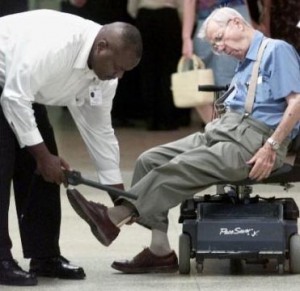by Jolie O’Dell
We know Facebook gets brought up in a lot of divorce cases, but this is ridiculous.
A 29-year-old woman going through a difficult divorce created a fake profile in an attempt to get some dirt on her soon-to-be-ex-husband.
Posing as a 17-year-old girl named Jessica Studebaker, Angela Voelkert contacted her husband, David, 38, on Facebook. The friendship that developed between the husband and the fake profile turned out to be a lot more incriminating than Angela could have imagined at the outset… or so she thought.
In messages with “Jessica,” David predictably asked the girl to run away with him; he also admitted that he had installed a GPS tracking system on his wife’s vehicle — both of which are enough for criminal charges in themselves.
The husband then proceeded to tell “Jessica,” a.k.a. Angela Voelkert, that he wanted his wife out of the picture — and by “out of the picture,” we mean “deceased.”
However, David has been able to prove to prosecutors he knew the fake account was his wife all along. Although he fed his ex quite a line in the messages, the charges have been dropped.

This is the fake profile the wife used to catch her husband supposedly plotting her murder.
Here are some excerpts of the messages from court documents:
“Once she is gone, I don’t have to hide with my kids… I can do what I want and not have to worry about not seeing my family anymore. You should find someone at your school. There should be some gang-bangers there that would put a cap in her ass for $10,000. I am done with her crap!
… See, I am taking care of everything! I will finally be free, my kids can grow up and not be around all the hatred, it will be over. With me gone with my kids, the police can’t pin anything on me as I will be in another state, so I will be fine.
Will you be ready to go with me on the 10th? Let me know, baby!”
There are so many takeaways from this news item. Don’t feed the trolls, especially if the troll in question is your ex. Don’t start drama on Facebook. Don’t get police and criminal courts involved in your petty personal issues.
But if you learn nothing else from this news, please put this piece of advice in your back pocket: If you’re going through a divorce, don’t use Facebook. At all. Ever. Period.

 Follow
Follow








